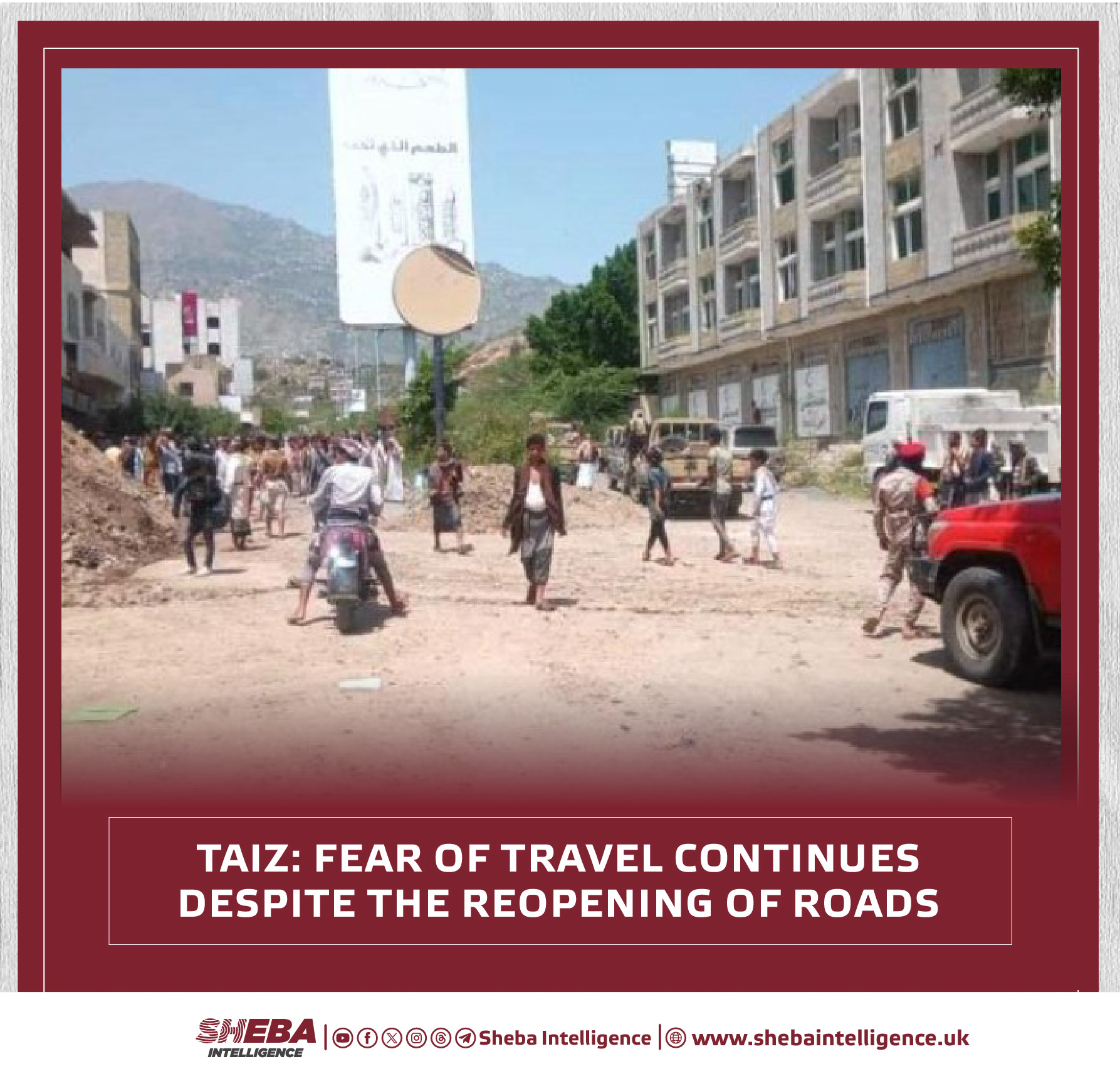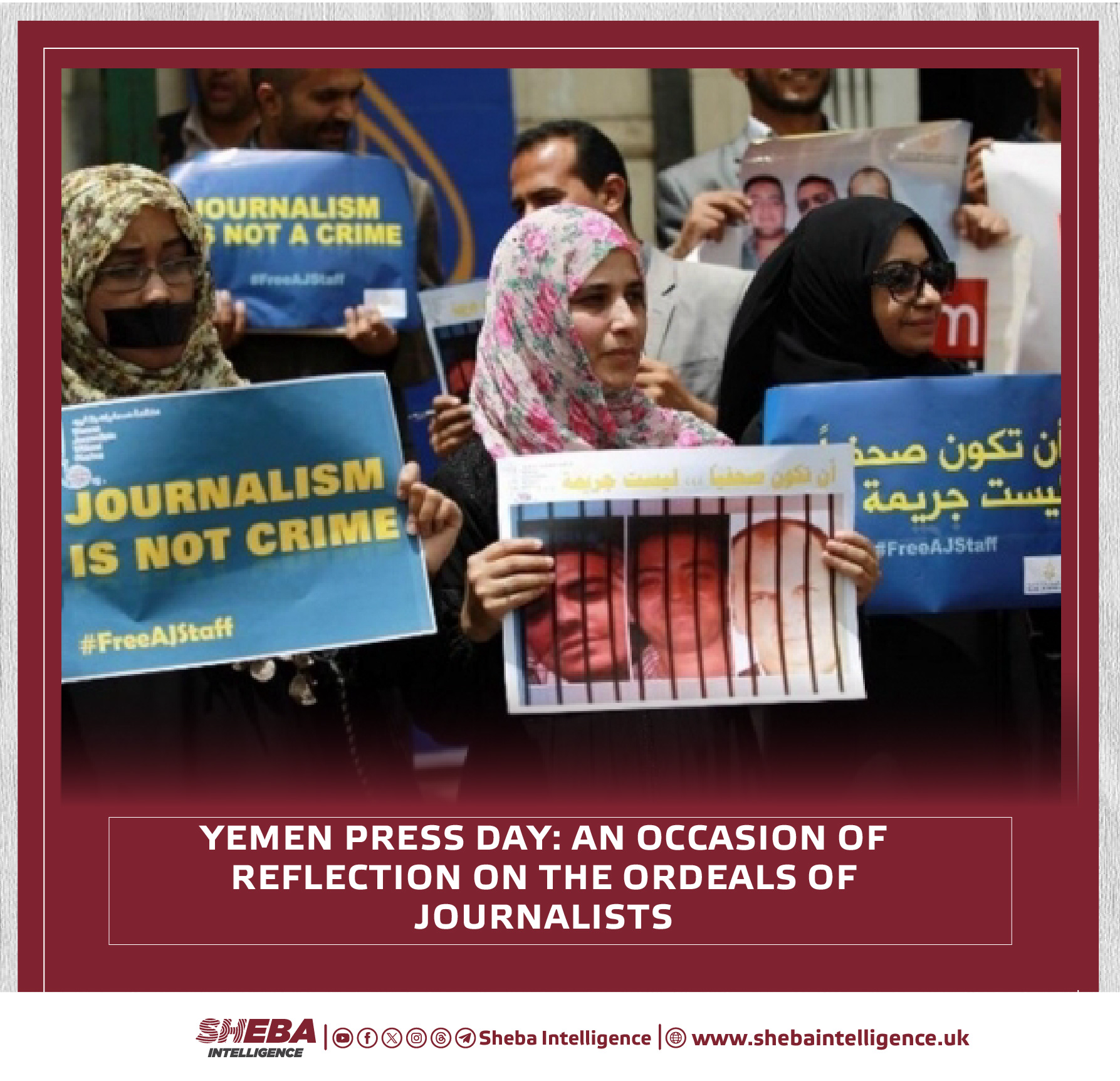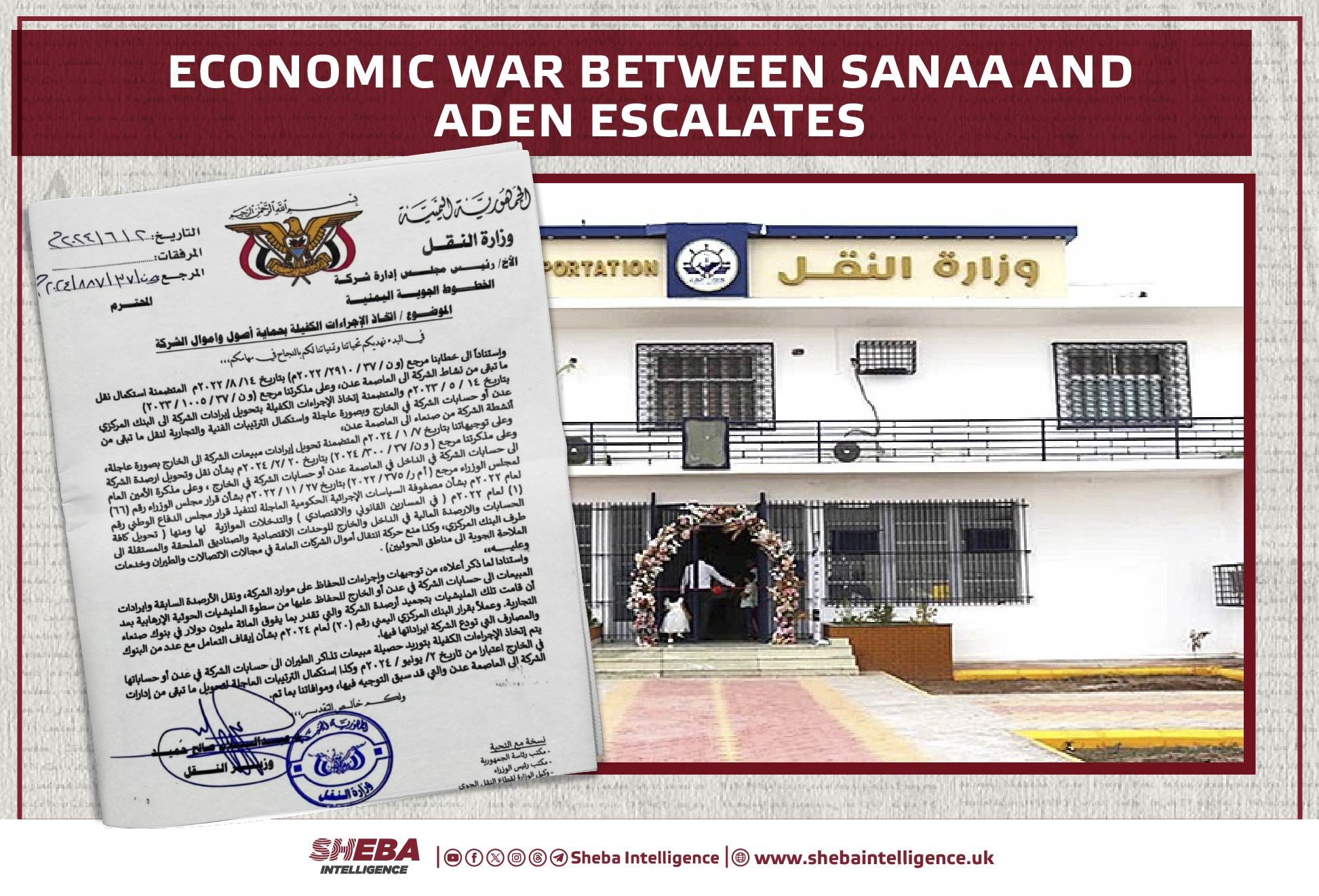Taiz: Fear of Travel Continues Despite the Reopening of Roads

It has been ten days since the main road connecting Taiz City to Al-Hawban district was reopened for the first time in nine years. When the civil war broke out in 2015, Taiz province was divided into two: One part controlled by the Ansar Allah (Houthi) group and the other by the Yemeni government.
On June 13, the Houthi group, which controls about 40 percent of Taiz’s territories, including Al-Hawban district, and the authorities in Taiz City agreed to reopen the roads and facilitate the movement of civilians.
It was the happiest news for millions of civilians in Taiz as it meant an end to one of their miseries throughout the war. Goods and people today keep traveling amidst tight security measures and preparations. The travel time is allowed from 6 a.m. to p.m.
Though thousands of civilians have been moving from the Houthi-controlled Al-Habwan district to government-controlled Taiz City and from the city to Al-Hawban, many people are worried about traveling as they fear being subjected to detention by the parties to the conflict.
Along the roads connecting the areas of both sides of the conflict, there are security points and barriers, which have become a source of concern for many people, including activists, journalists, judges, lawyers, and other people with public positions against the warring sides.
Makeen, a journalist in Taiz City, said he cannot travel to visit his family, who live in a Houthi-controlled Taiz district. Today, the road is open, and his trip home will take about two hours. But he cannot out of fear.
He said, “Civilians have really benefited from reopening the roads. However, I and many people like me cannot move toward Houthi-controlled areas. Many risks wait for us, including detention, imprisonment, cross-examination, and beating.”
Makeen added, “The warring sides see journalists as a source of trouble. Therefore, there is no guarantee that a vocal and independent journalist can travel safely in Yemen. The roads are open, but the behavior of those controlling them is unpredictable.”
The parties to the conflict in Yemen have arrested over 480 journalists since the breakout of the war in 2015, according to the Media Freedoms Observatory.
Nasser, a builder in Taiz city, said he also fears traveling to Al-Habwan, which is under the Houthi control, because he had a previous miserable experience.
Nasser indicated that he was detained for nearly one month by a Houthi checkpoint in Taiz. When the Houthis released him, they said they mistook him for another person who had a similar name. He added, “When a Yemeni travels in his country, he needs to remember that he could be detained or attacked or harmed in view of the absence of the state and proliferation of armed groups.”
According to Human Rights Watch, all parties to the conflict, including Houthi forces, the Yemeni government, the UAE, Saudi Arabia, and various UAE and Saudi-backed Yemeni armed groups, have arbitrarily arrested, forcibly disappeared, tortured, and ill-treated detainees across Yemen.



